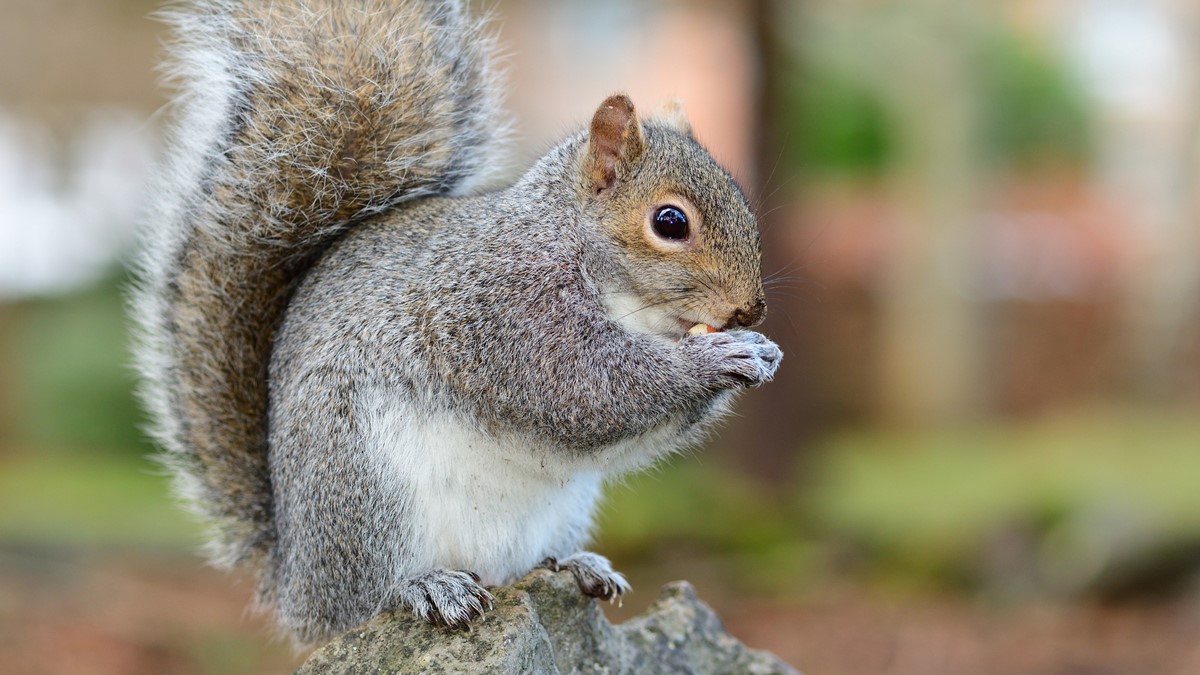Prevention

Keep rodents, especially chipmunks and squirrels, out of homes and cabins.
What can I do to prevent TBRF?
- Avoid sleeping in rodent-infested buildings whenever possible. Although rodent nests may not be visible, other evidence of rodent activity (e.g., droppings) are a sign that a building may be infested.
- Prevent tick bites. Use insect repellent containing DEET (on skin or clothing) or permethrin (applied to clothing or equipment).
- If you are renting a cabin and notice a rodent infestation, contact the owner to alert them.
- If you own a cabin, consult a licensed pest control professional who can safely:
- Identify and remove any rodent nests from walls, attics, crawl spaces, and floors. (Other diseases can be transmitted by rodent droppings—leave this job to a professional!)
- Treat “cracks and crevices” in the walls with pesticide.
- Establish a pest control plan to keep rodents out.
- Pest Control Professionals and Public Health Departments: Remove rodents and nests, stop rodents from reentering buildings, and reduce exposure to infected ticks pdf icon[PDF – 4 pages]
Why shouldn't I remove the nests myself?
Activities that put you in contact with deer mouse droppings, urine, saliva, or nesting materials can place you at risk for infection with Hantavirus Pulmonary Syndrome (HPS), a potentially fatal condition. Hantavirus is spread when virus-containing particles from deer mouse urine, droppings, or saliva are stirred into the air. Infection occurs when you breathe in virus particles.
Page last reviewed: October 15, 2015
Content source: Centers for Disease Control and Prevention, Centers for Disease Control and Prevention
National Center for Emerging and Zoonotic Infectious Diseases (NCEZID), National Center for Emerging and Zoonotic Infectious Diseases (NCEZID)
Division of Vector-Borne Diseases (DVBD)
Division of Vector-Borne Diseases (DVBD)